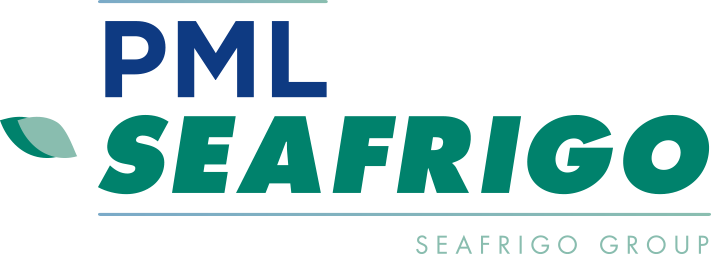Farcical response to questions regarding border checks for fresh produce

PML Seafrigo CEO Mike Parr calls on the industry to act following Defra’s failure to answer critical questioning over the 1 July plant health checks. Mike Parr: This week’s [6 May] parliamentary session with Baroness Hayman, regarding the industry’s questions in relation to the proposed introduction of plant health border checks for fresh produce and […]
UK’s post-Brexit red tape puts off overseas hauliers

FPJ interviews PML Seafrigo CEO Mike Parr about the major challenges facing UK fresh produce logistics, from plant health fees to port delays and government U-turns. Below is Mike’s full interview with Fred Searle, editor of the Fresh Produce Journal (FPJ). How big an impact do you expect Defra’s proposed changes to plant health fees […]
Produce industry votes in favour of Approved Operator Scheme (AOS)

PML Seafrigo CEO Mike Parr shares his evaluation of the meeting between Defra and the produce trade regarding the proposal to increase plant health fees. Mike Parr: Last Thursday [6 March 2025] I attended a meeting set up by the Fresh Produce Consortium (FPC) for industry members to discuss with Defra their thoughts on the […]



